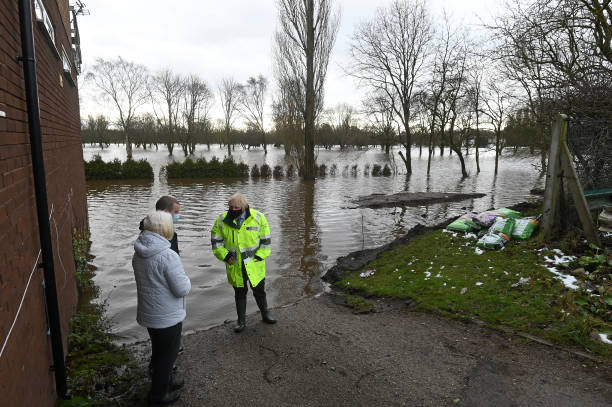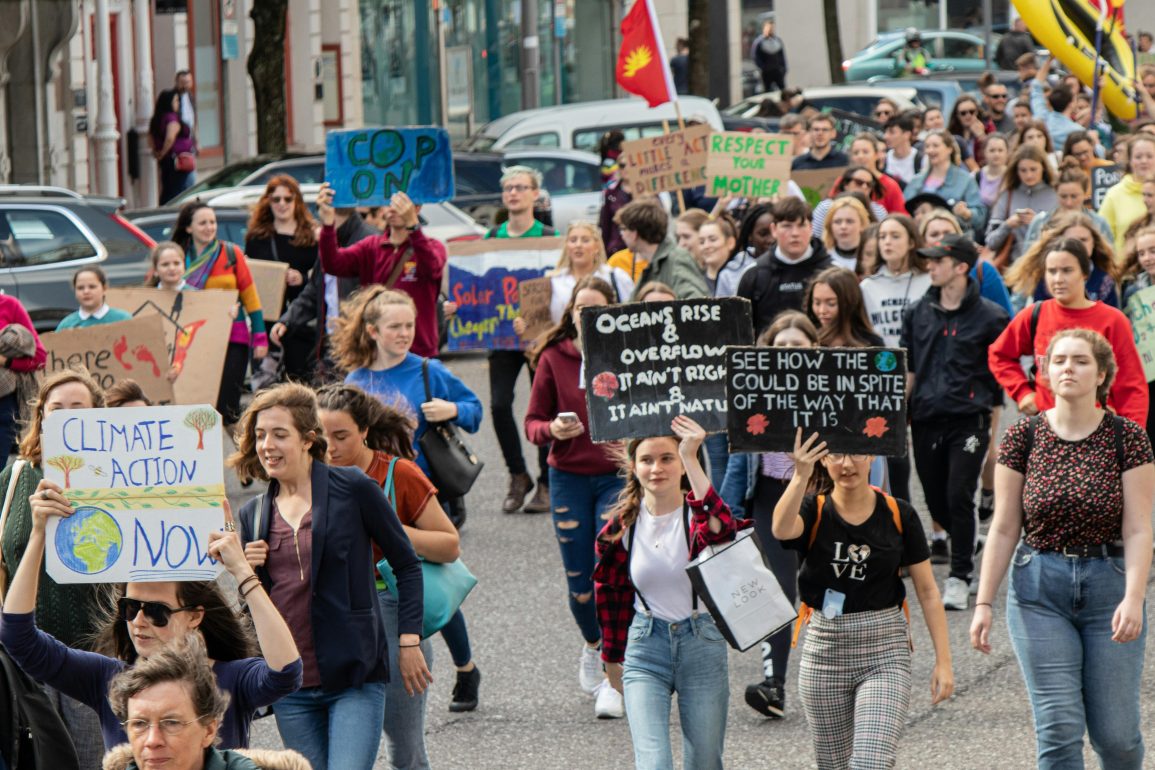A new study reveals that planet-warming pollution has doubled the chance of extreme rainfall, like the recent downpour that devastated central Europe in mid-September.
Researchers found that global warming intensified the heavy rain, which led to deadly floods across Austria, Hungary, Poland, Romania, and other countries.
The rain was at least 7% stronger due to climate change, according to the World Weather Attribution (WWA) group. Towns across the region were flooded by water levels that, without human-induced climate change, would have been far less likely.
Storm Boris, which stalled over central Europe, broke rainfall records and caused calm rivers to overflow, destroying homes and killing at least 24 people.

Researchers emphasized that while improved flood defenses helped reduce casualties compared to past floods, more needs to be done. They called for better warning systems and disaster-response plans to cope with future extreme weather events.
Maja Vahlberg, a co-author of the study, highlighted the growing financial cost of climate change, with the European Union pledging €10 billion in aid to support recovery efforts.
Scientists also stressed that small increases in rainfall, worsened by global heating, have a disproportionate impact on flood damage.
Climate models predict that, if global temperatures rise by 2°C, heavy rainfall events will become even more intense and frequent.
Experts warn that the world must brace for more slow-moving, high-rainfall storms as oceans continue to warm.

